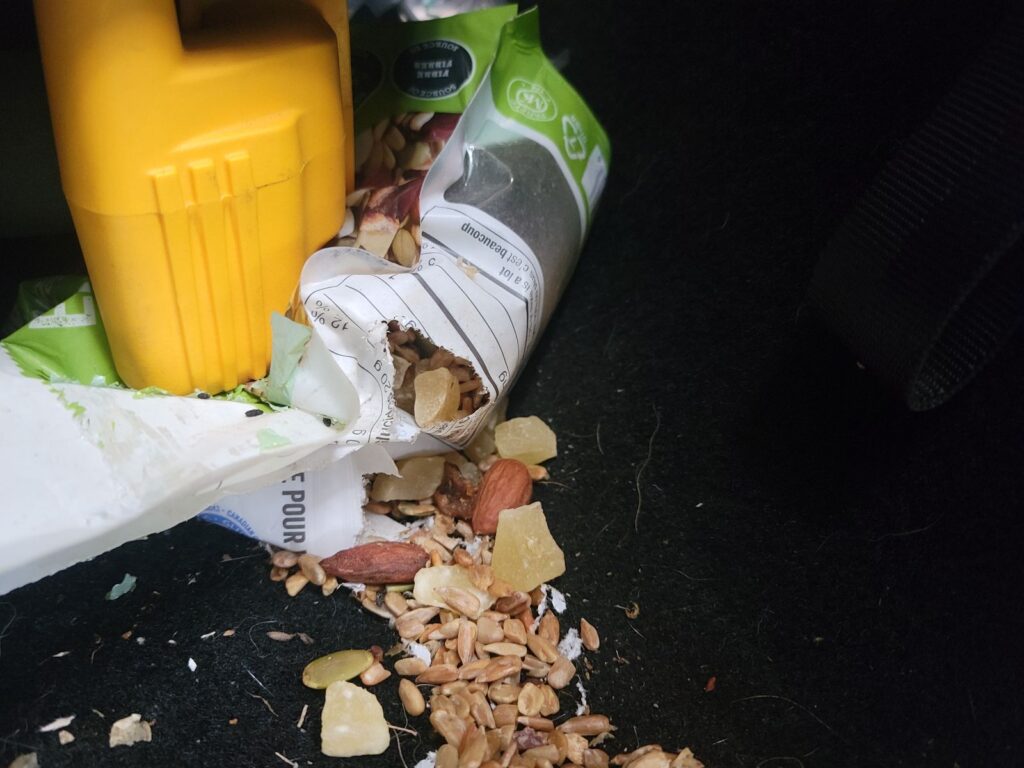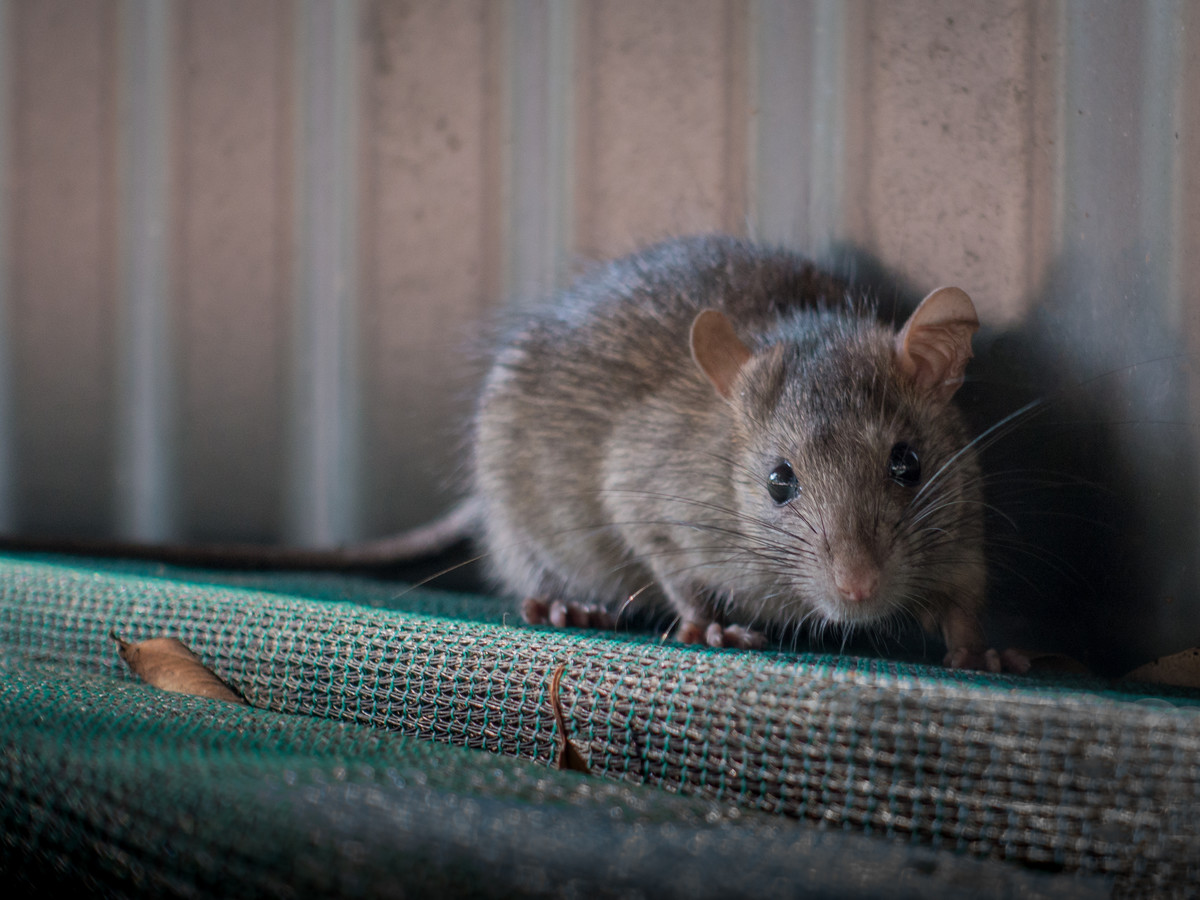Why Are There Rats in My Engine?
You may have heard that Victoria is, unfortunately, one of the most rat-friendly cities in the province. It makes sense to expect rats digging through trash bins or setting up shop in an empty crawlspace. What exactly attracts a rat to a car engine, though? Common sense tells us that animals should run away from machines that are loud, fast, and hot. The following are reasons rats may be interested in your vehicle.Pleasant Tastes and Smells
Some car manufacturers use soy-based, environmentally friendly materials to create engine components. Rats might be attracted to these materials. Most manufacturers deny that this is the problem, though, and instead point to the fact that rats will invade (and chew) any space with wires that are left unattended.A Source of Warmth
If you've ever noticed your pet cat lying happily on your car after you turned it off, it's because the warmth of the engine heats the top of your car. Rats, similarly, seek out warmth when it's cold outside and may even build nests inside your car for this reason.Accessible Chewing Material
The rumour you may have heard about rats needing to chew so that their teeth don't grow too long is true. Chewing behaviour, for rodents, isn't something they can turn off and on. Rats in your car engine will gnaw at the wiring, pipes, and rubber components out of instinct. Unfortunately, this can cause problems with your car's functioning and even start fires.How Can I Prevent Rats from Getting Into My Car?
If you're wondering how to keep rats out of engine components and wiring, you're in good company. Rats living and making nests in car engines is a serious problem — especially in colder weather. Consider the following steps you can take to prevent this situation from happening again and ensure that your car is a sanitary space going forward:- Don't leave food or drinks in your car, and vacuum regularly for crumbs.
- Have your car thoroughly serviced and inspected by a professional after the rodents are gone to make sure they have not caused damage that is affecting your car's performance. These pests might have also left droppings, remnants of nests and food they've hidden, and even litters of babies.
- Work with a professional to clean the car and remove bacteria from your car vents after the rodent removal.




